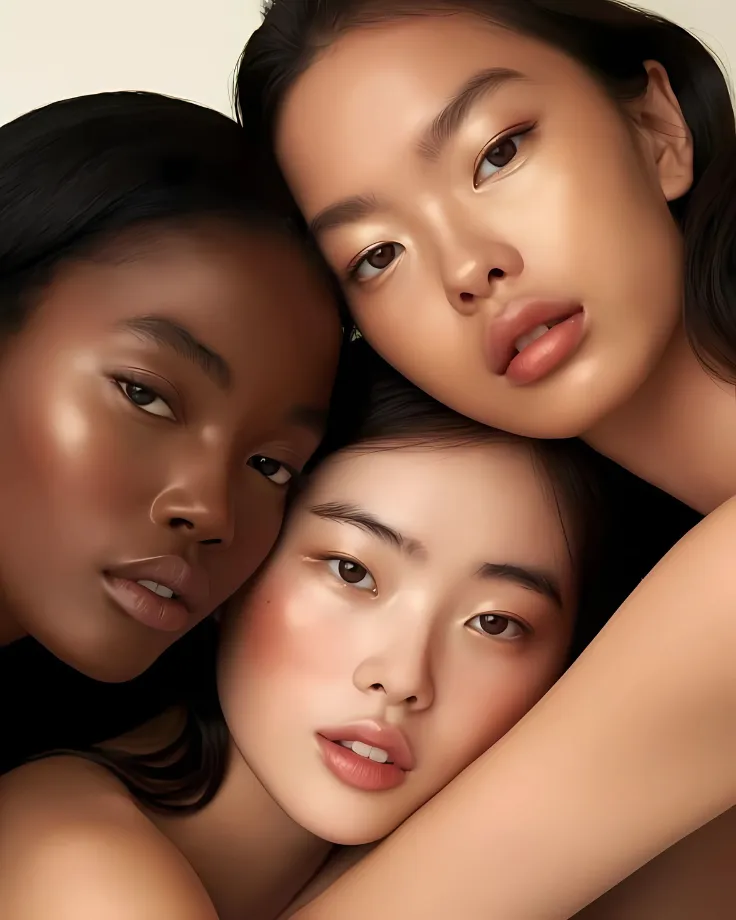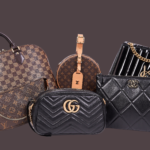As corporate DEI comes under fire, will fashion and beauty brands stand firm or fold?
Trump 2.0 is here, and the corporate world has felt the seismic shift particularly in DEI initiatives. What started with tech giants quietly backtracking on diversity commitments has spread across retail and consumer goods, with Target, Walmart, McDonald’s, and Amazon swiftly dialing back DEI initiatives in favor of a more neutral stance. But for beauty, fashion, and luxury where inclusivity isn’t just a buzzword but a fundamental part of brand identity, this presents a high-stakes dilemma. Do they follow the corporate retreat, or stand firm on values that define their relationship with an increasingly diverse customer base?
Politics and consumerism have always been intertwined. Throw in a polarizing figure like Trump, paired with today’s free speech battleground and the impact on consumer behavior becomes even more pronounced.
Even before Trump’s return, and long before the George Floyd protests in 2020 that triggered a wave of corporate DEI commitments, brands have long struggled to navigate socio-political waters.
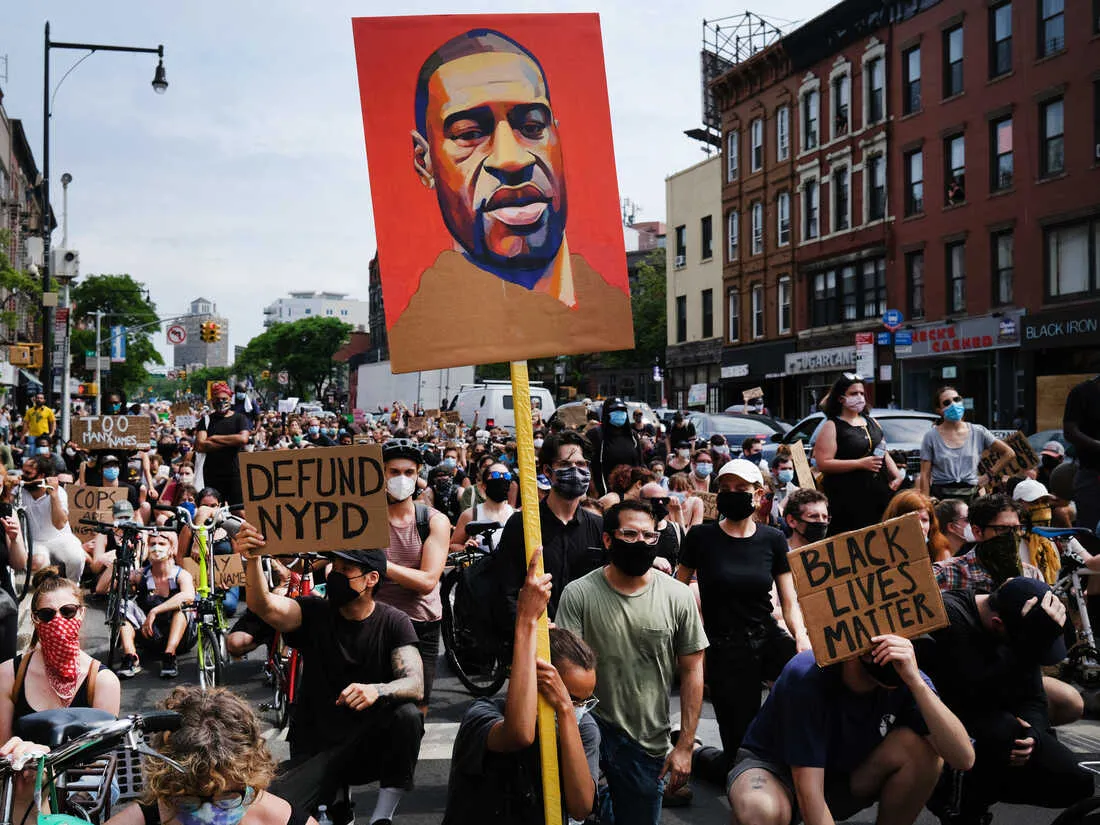
When brands misstep, the backlash is swift, dramatic, and unforgiving. Nike’s 2018 Colin Kaepernick campaign sparked protests with consumers burning their sneakers, while Kendall Jenner’s 2017 Pepsi ad faced widespread condemnation for trivializing the Black Lives Matter movement.
By 2023, Bud Light became the latest cautionary tale. A single partnership with a transgender influencer triggered a conservative backlash that cost Anheuser-Busch InBev over $1 billion in sales, highlighting increasing risk of misaligning with the political sensibilities of a brands core consumer base.
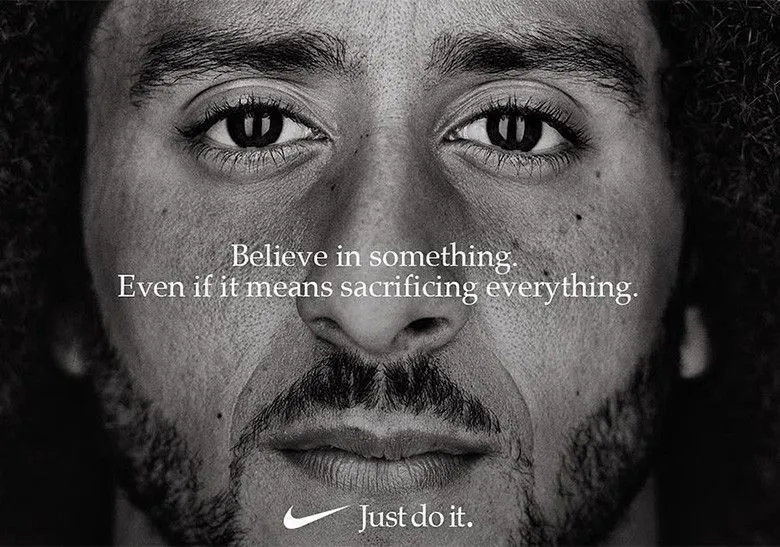
In this new political era, American brands face an unprecedented challenge: maintaining authenticity while navigating cultural flashpoints that can devastate consumer trust. With Trump’s return to office, the stakes have risen. Even hints of perceived wokeism can force brands into crisis mode, compelling them to question not just their values, but their willingness to stand for anything at all.
Navigating the Minefield: A Roadmap for Fashion and Beauty Brands
For fashion and beauty brands, success demands three core principles: Know thy customers. Know thy sociopolitical climate. Know thy brand ethos.
Unlike big tech, which operates in an oligopoly and can afford to take strong political stances, fashion and beauty thrive on emotion, aspiration, and cultural relevance. Success isn’t about avoiding controversy but understanding when to engage, and ensuring alignment between stance, brand identity, and consumer expectations.
While brand activism itself isn’t problematic, blind activism is. Speaking up matters, but not at the cost of alienating core customers. The goal isn’t to avoid controversy at all costs but ensuring that any position taken is one consumers recognize, resonate with, and ultimately support.
Remember this truth: Presidents come and go, but the internet never forgets when brands switch sides. In an industry built on loyalty, strategic missteps can surrender market share to brands that remain inclusive, aspirational, and above all, consistent.
The path forward requires striking a balance
These principles must remain non-negotiable:
-
- Inclusivity is non-negotiable: In beauty and fashion, inclusivity and representation aren’t fleeting trends—they’re expectations. While brands might moderate their activism, abandoning these values entirely risks significant backlash and eroded customer loyalty. We’re looking at you, Victoria’s Secret. For some brands, Inclusivity is a fundamental part of their Business Model, Not a Trend: Take Fenty, for example, they didn’t just sell makeup; they created a movement. Making representation central to their identity wasn’t a marketing gimmick but a strategic foundation.
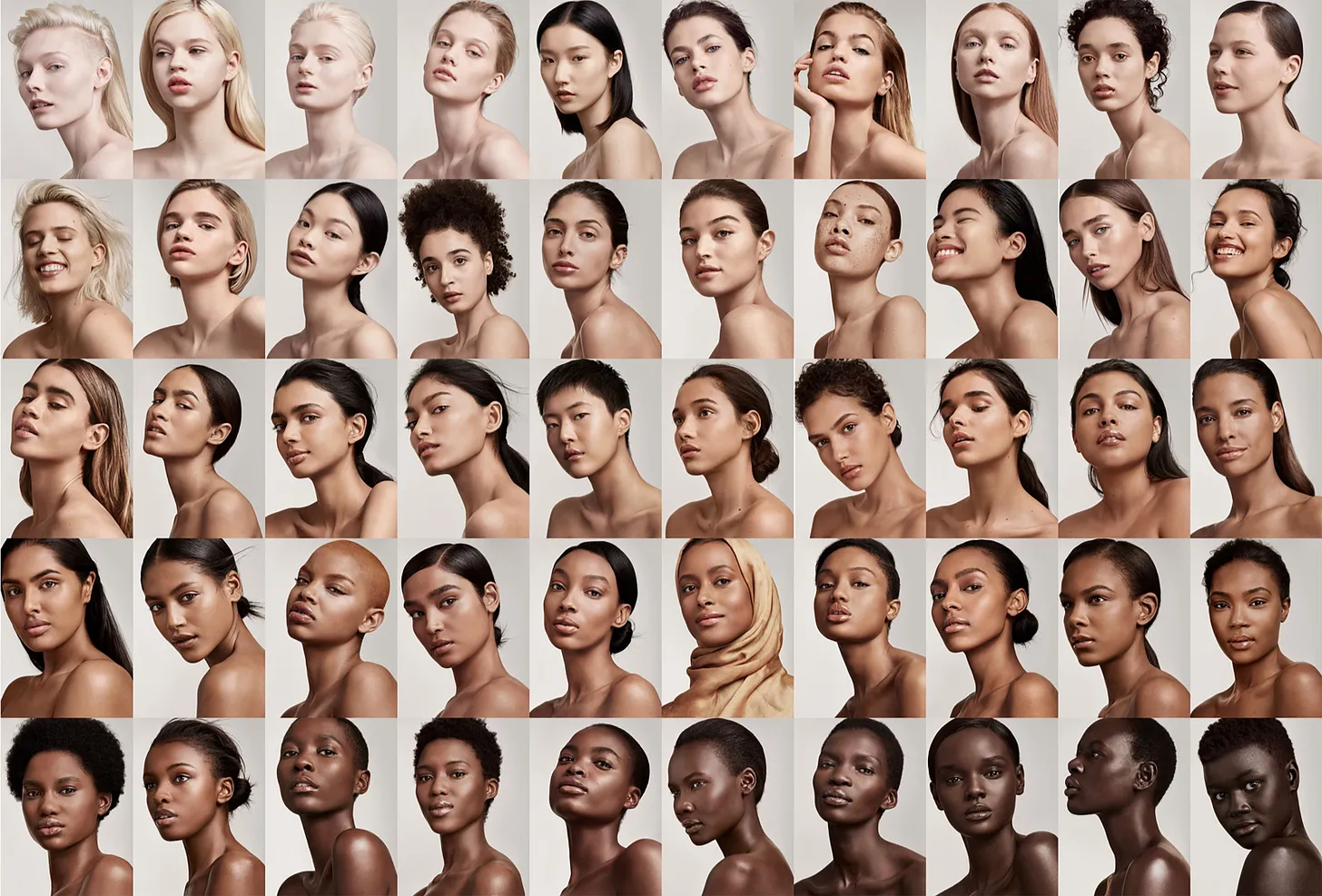
-
- Global markets matter: Beauty and luxury brands operate across diverse political landscapes worldwide. An overly conservative stance in one market risks alienating consumers elsewhere.
-
- Aspirational branding over politics: Luxury and fashion houses embody aspiration, elegance, and creativity- qualities that transcend political divisions. By emphasizing these timeless elements, brands can rise above political controversy.
But still, what could change?
While brands may not embrace an outright anti-woke stance, expect these subtle shifts in messaging and positioning:
- Neutral campaigns: Look for a pivot toward universal themes like individuality, self-expression, and craftsmanship rather than overt political or social statements.
- Focus on heritage and legacy: Campaigns celebrating tradition, quality, and history may resonate more strongly in a conservative climate, tapping into nostalgia rather than activism.
- Muffled progressivism: Rather than bold proclamations, inclusivity may take a more integrated approach, woven naturally into product lines and representation without explicit promotion.
- Perhaps most significantly, labels like “Black-owned”, once powerful symbols of differentiation and pride, now carry complex implications. What served as a compelling selling point during the 2020 racial reckoning might, in today’s climate, alienate certain consumers or make brands vulnerable to backlash. As the industry adapts, the question extends beyond engagement tactics to whether highlighting specific identities remains strategically sound in an era of heightened sensitivity.


